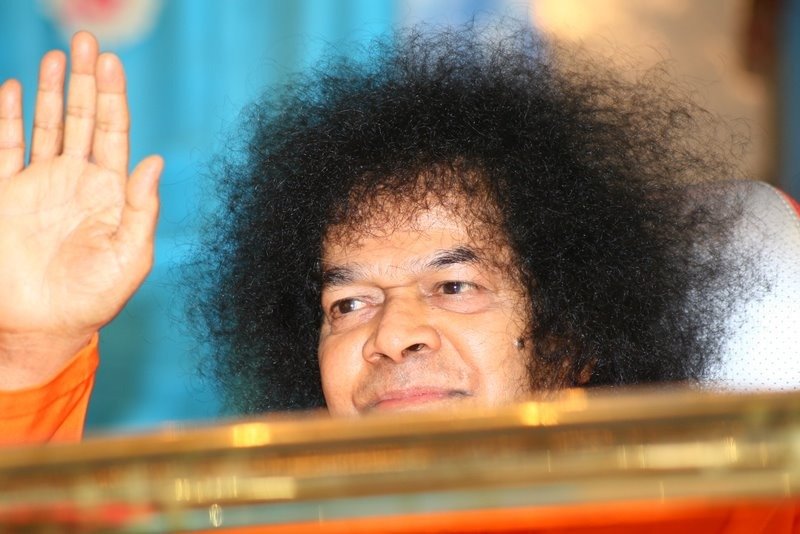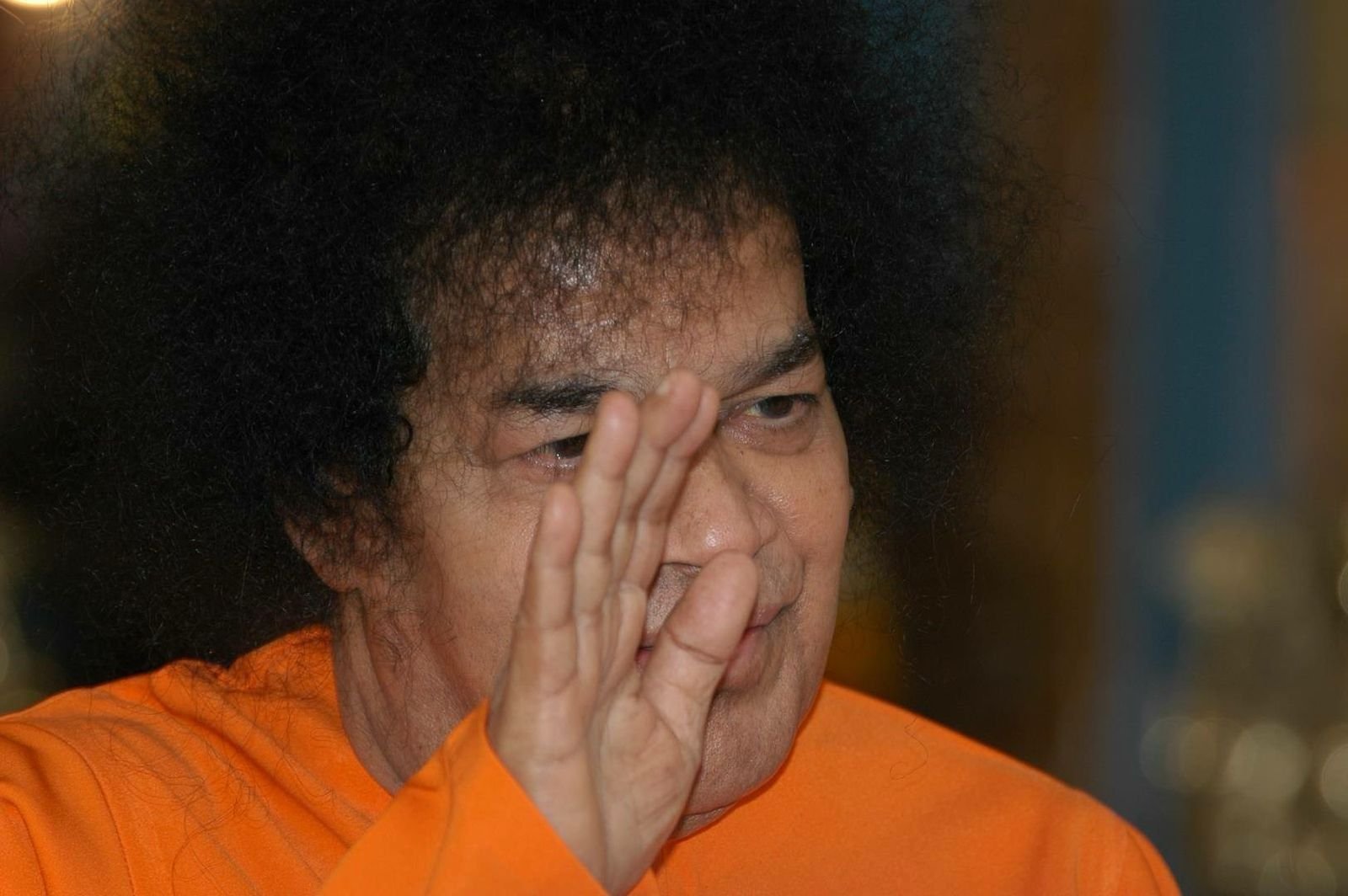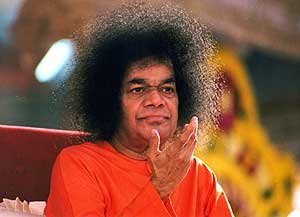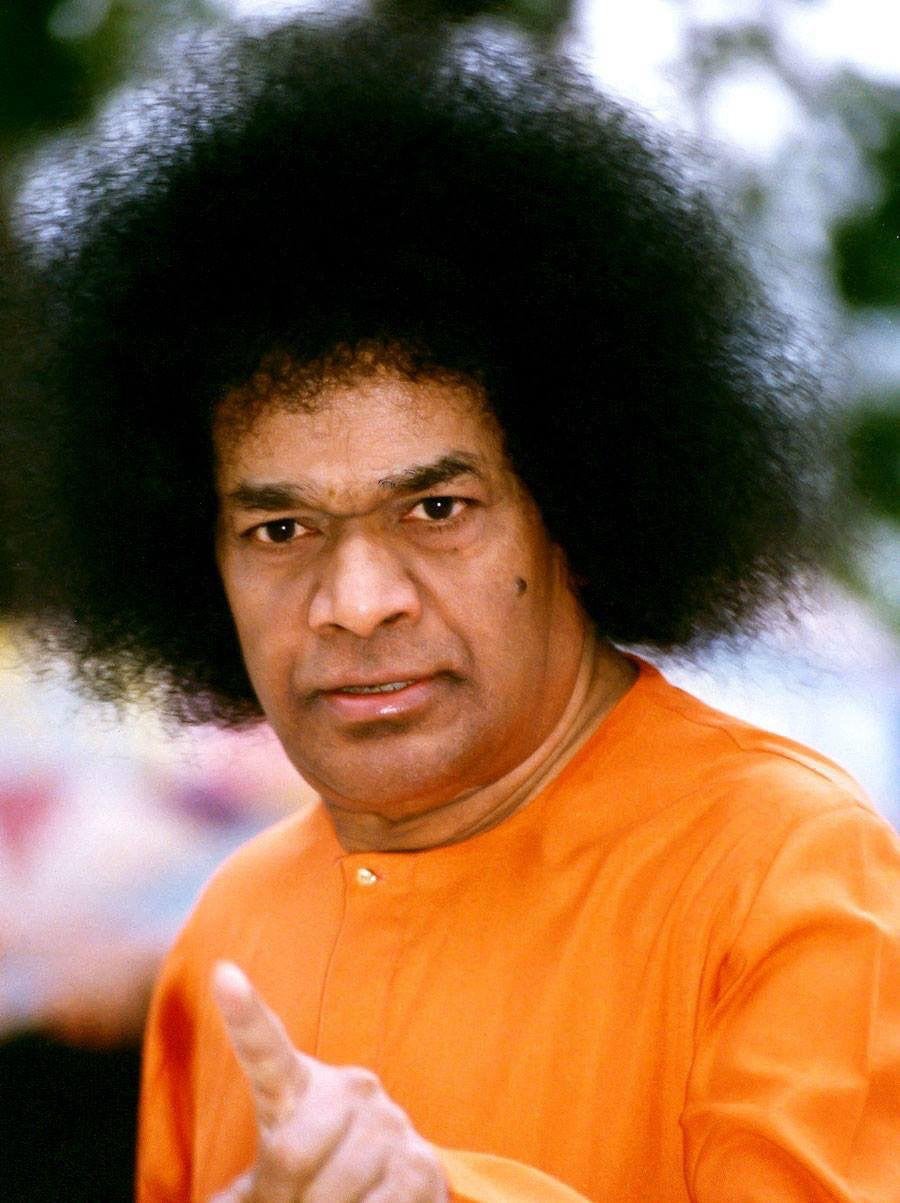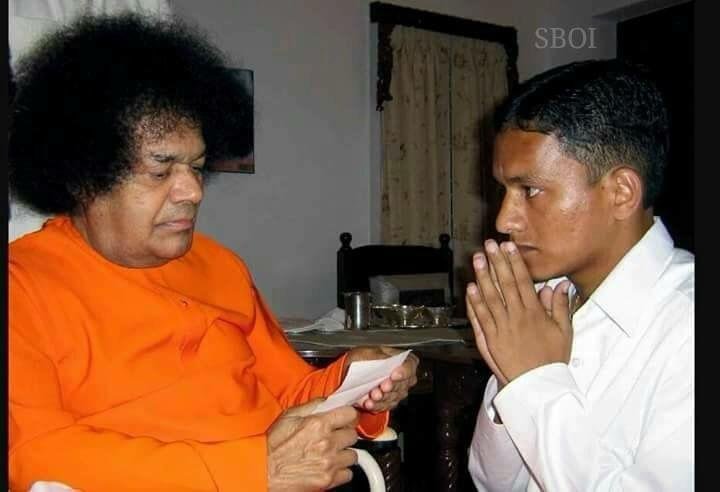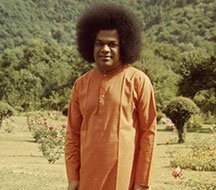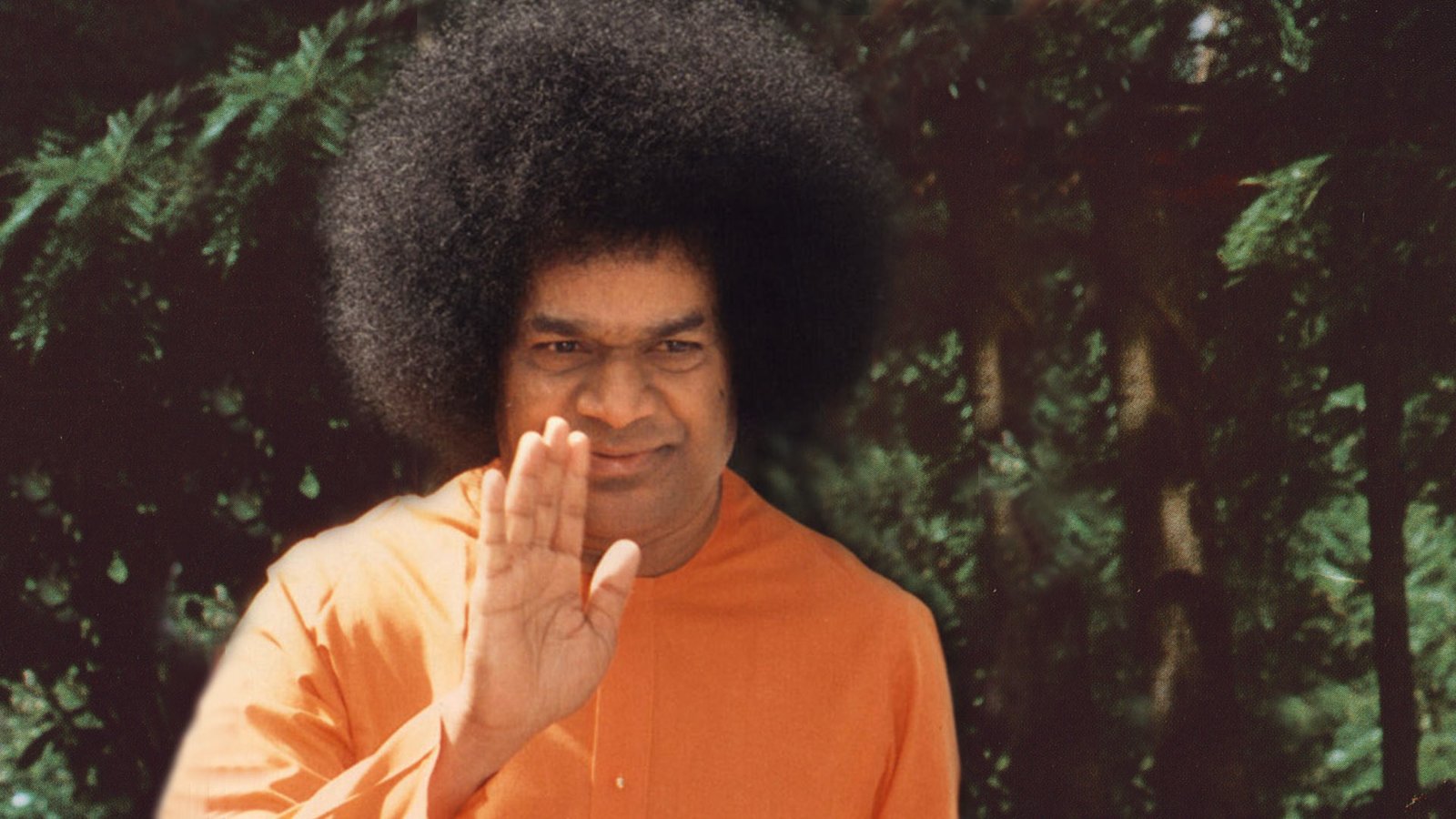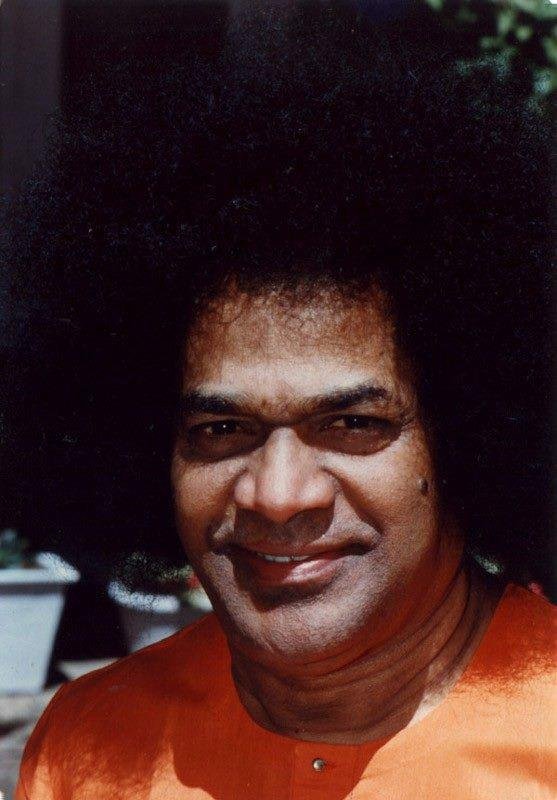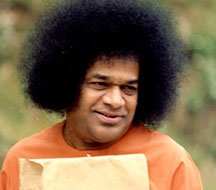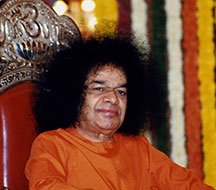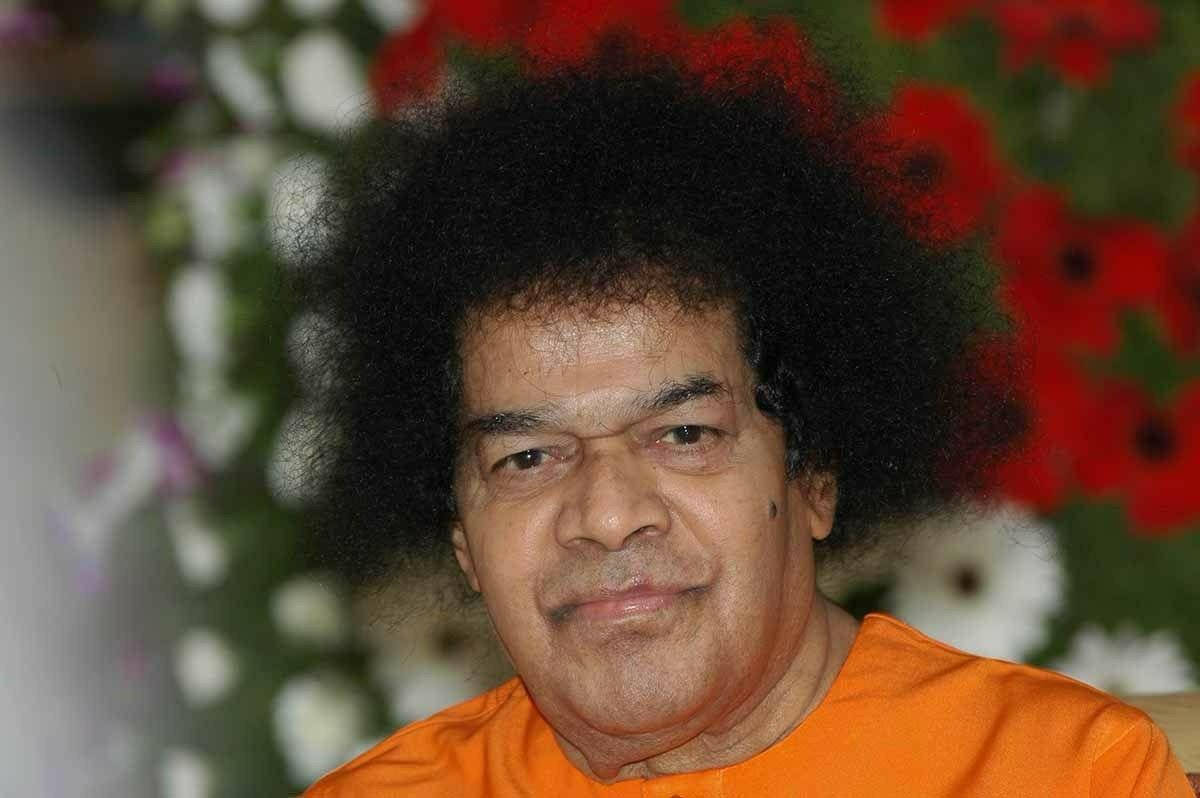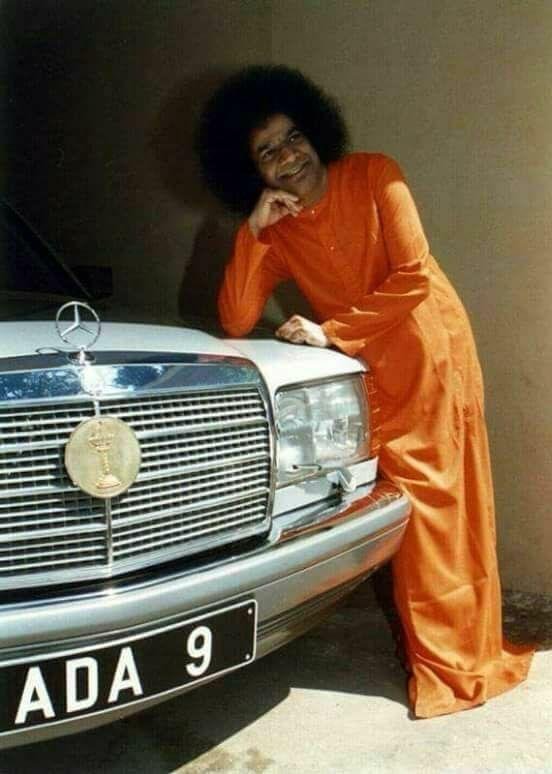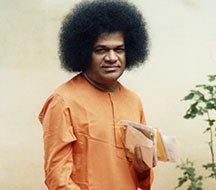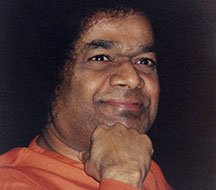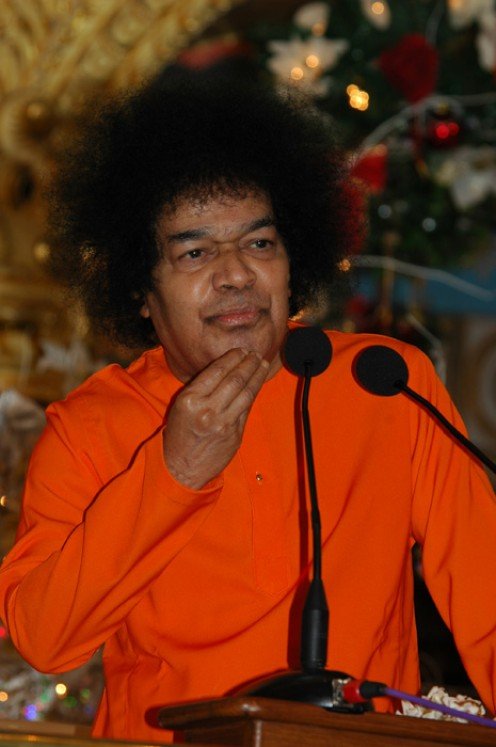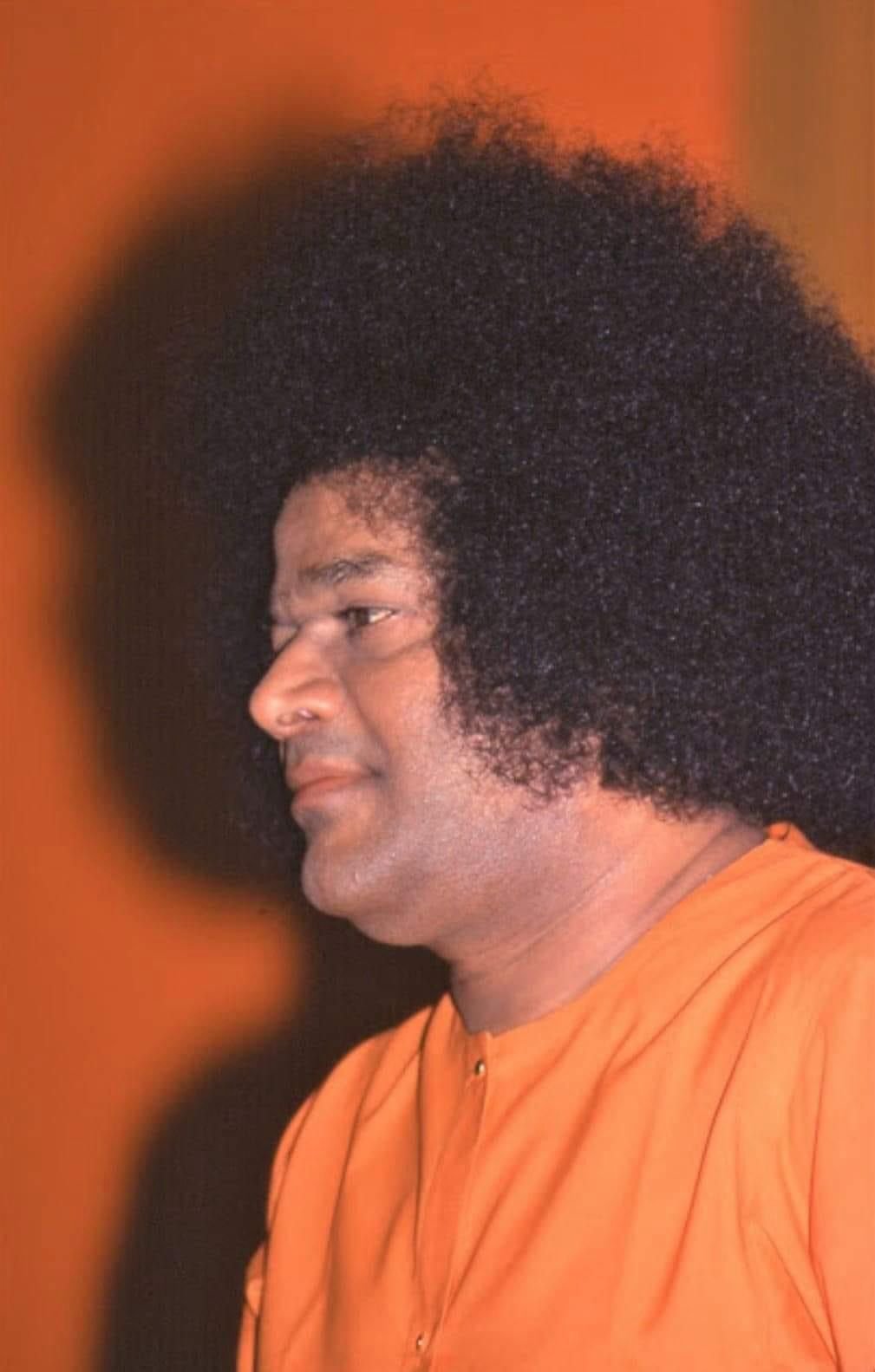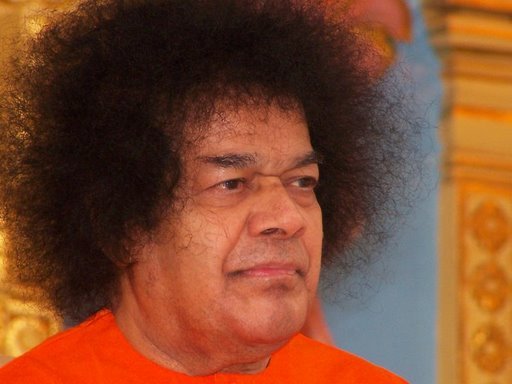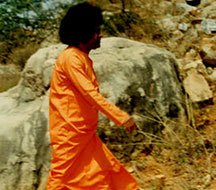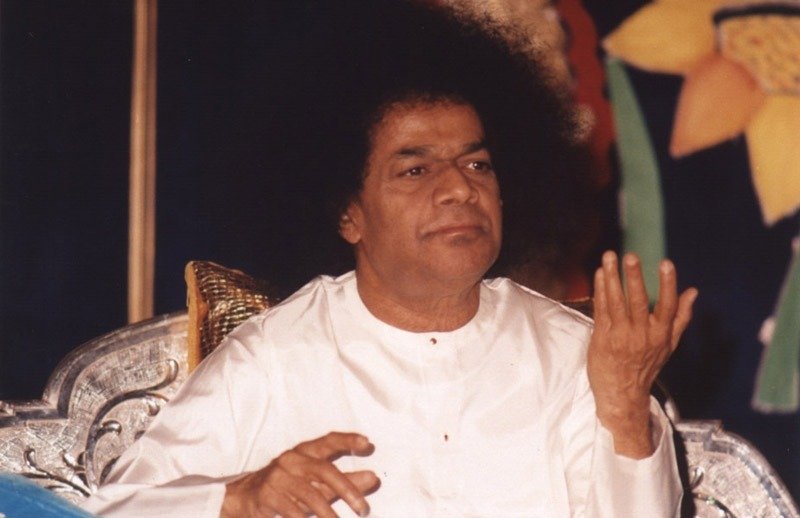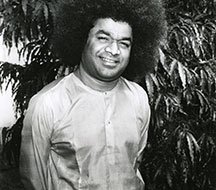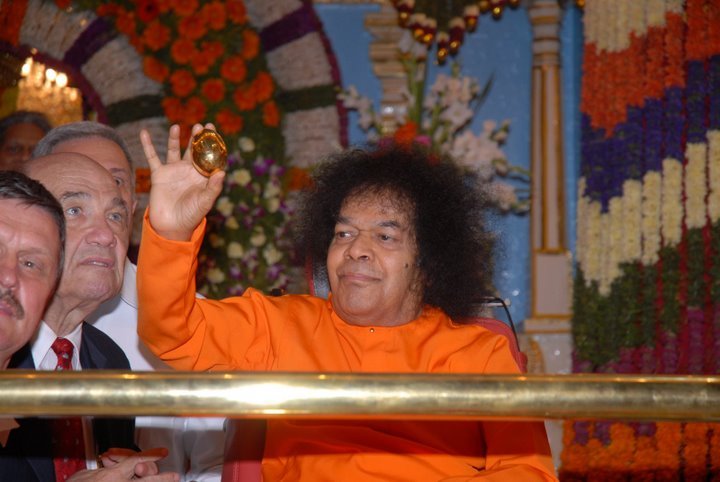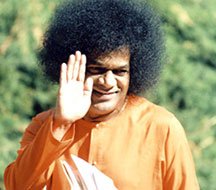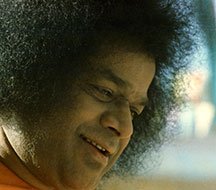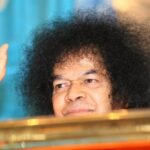Hanuman ji Janamohatsav
Hanuman Jayanti, also called Hanuman Ji Janmotsav, is the celebration of the birth of Lord Hanuman, the divine monkey god who symbolizes strength, devotion, courage, and loyalty. Observed on different dates in various regions of India, it generally falls on the full moon (Purnima) of the Chaitra month in the Hindu calendar (March–April). Devotees celebrate with devotion, prayers, and religious rituals, seeking Hanuman’s blessings for protection, courage, and spiritual growth.
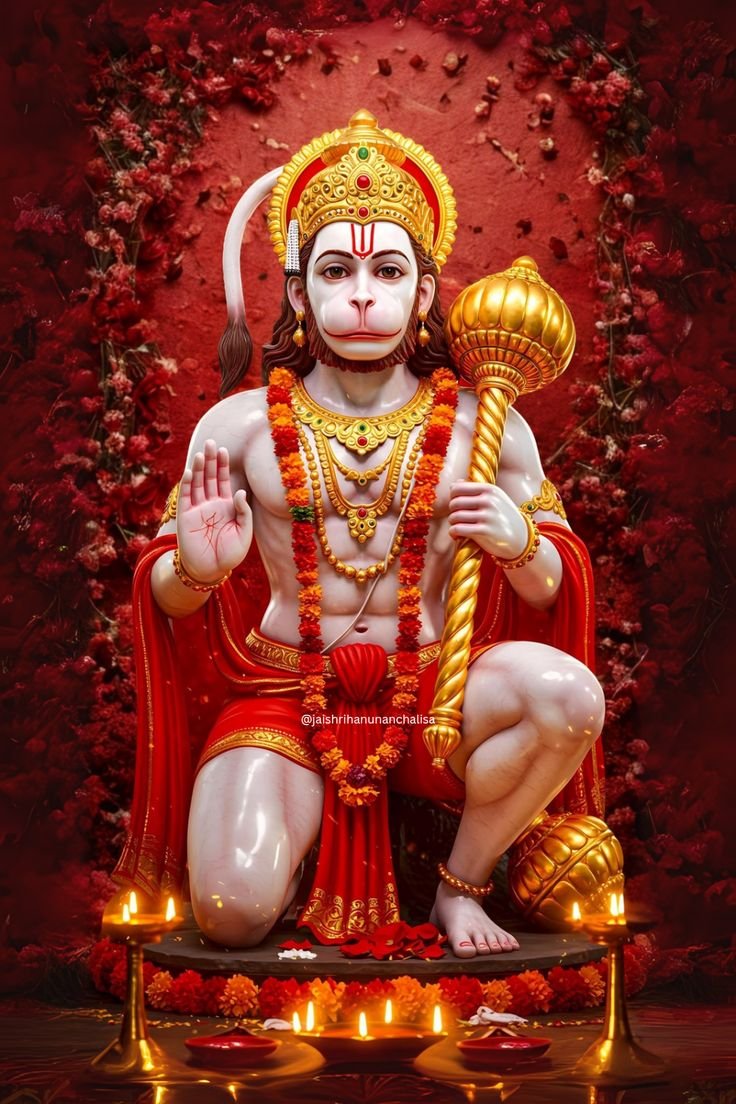

Hanuman Jayanti, also known as Hanuman Ji Janmotsav, is a highly revered Hindu festival that celebrates the divine birth of Lord Hanuman, the eternal symbol of strength, devotion, courage, and selfless service. Falling on the Purnima (full moon) of the Chaitra month

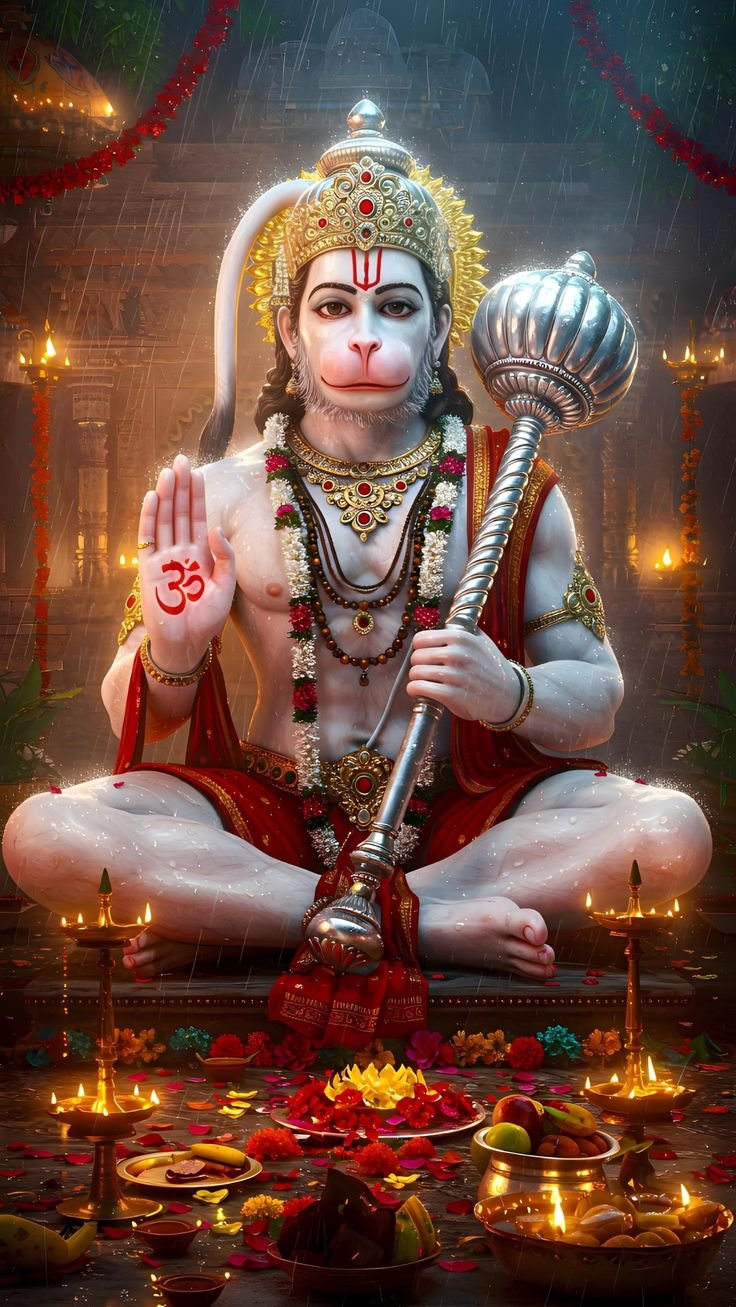

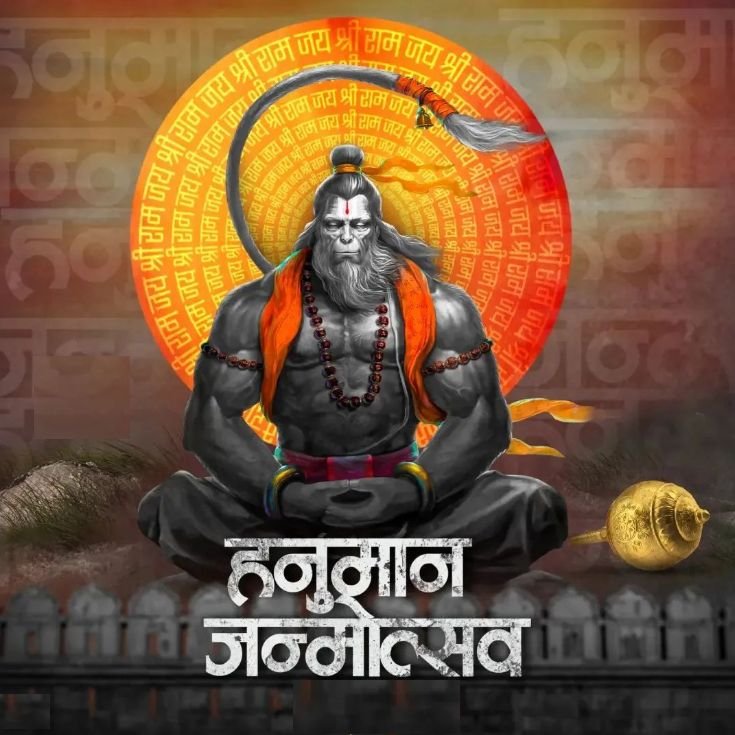


Rituals & Traditions of Hanuman Janamohatsav
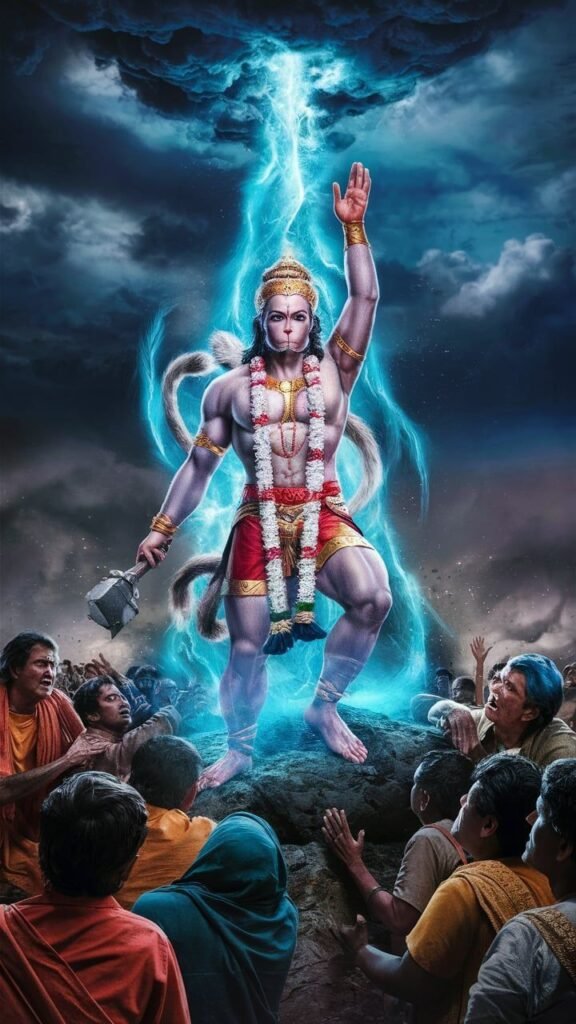
Hanuman Jayanti is celebrated with devotion, fasting, and temple rituals. Devotees begin the day with puja and prayers, adorning Lord Hanuman’s idol with flowers, garlands, and sindoor. Many observe a fast, consuming fruits, milk, or vrat-special meals, while chanting the Hanuman Chalisa and reading the Sundarkand to reflect on Hanuman’s devotion, courage, and strength. Temples are beautifully decorated, and devotees offer fruits, sweets, and other sacred items. In many regions, processions, bhajans, and devotional performances are organized, and acts of charity and community sharing are performed. Through these traditions, the festival reinforces faith, devotion, moral courage, and social harmony, making Hanuman Jayanti a celebration of both spiritual and cultural significance.
Spiritual Importance & Cultural Significance
Spiritually, Hanuman Jayanti celebrates the birth of Lord Hanuman, who embodies strength, courage, devotion, humility, and unwavering faith. Devotees reflect on his virtues, seeking inspiration to overcome obstacles, cultivate discipline, and serve selflessly, following his example of devotion to Lord Rama. Reciting the Hanuman Chalisa and reading the Sundarkand on this day are believed to remove negativity, strengthen the mind, and deepen spiritual awareness.
Culturally, Hanuman Jayanti fosters community participation, social harmony, and devotion, with temples adorned for prayers, processions, devotional singing, and charitable acts. Families and communities gather to share prasad and perform rituals, reinforcing bonds and collective reverence. The festival also highlights values of courage, loyalty, and moral integrity, making it a celebration that inspires both personal spiritual growth and communal unity.
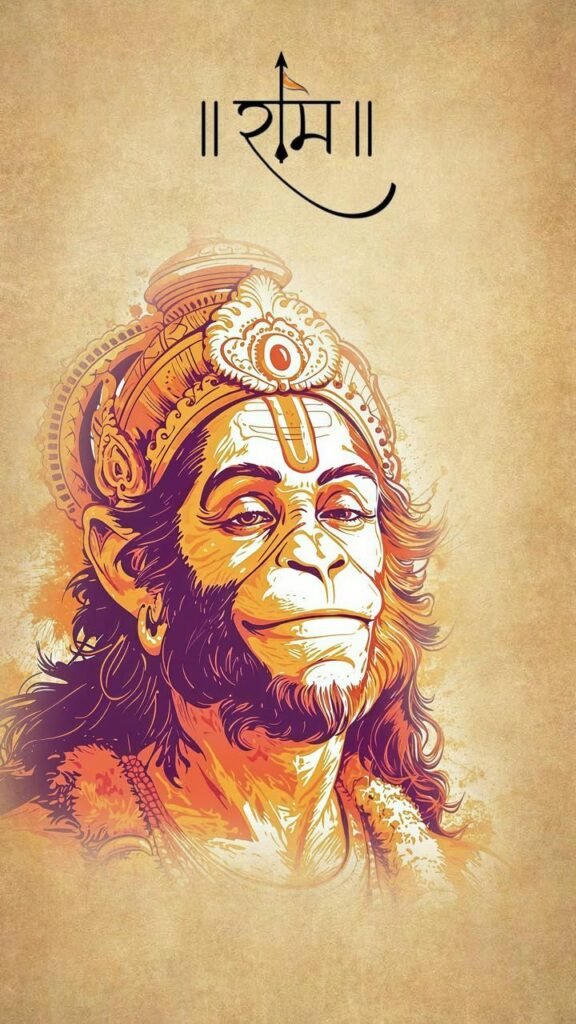

Food & Sweets & Modern Celebrations
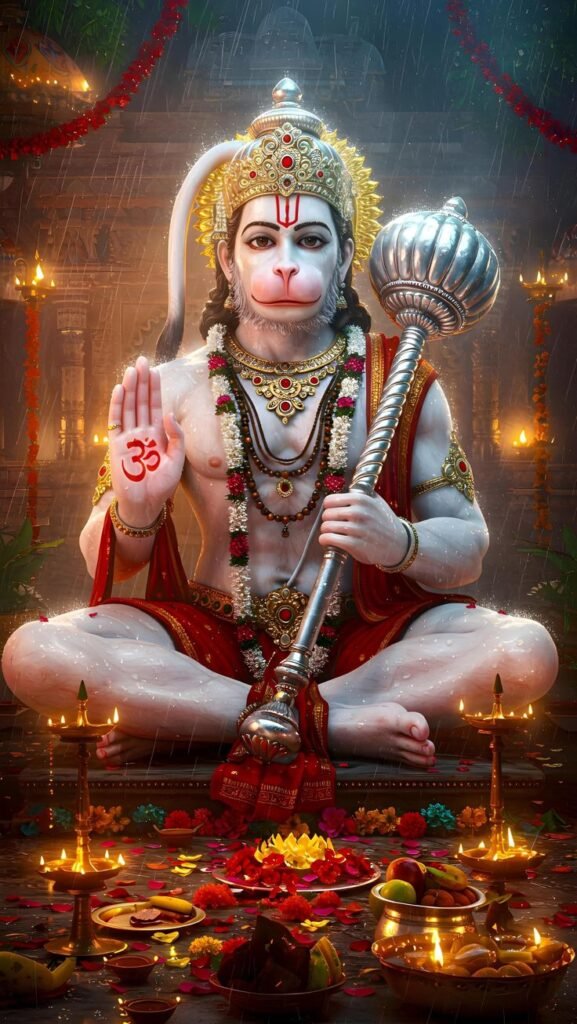
During Hanuman Jayanti, devotees prepare special prasad and festive foods to honor Lord Hanuman. Common offerings include boondi laddoo, fruits, milk-based sweets, and jaggery treats, which are shared among family, friends, and temple visitors. Many devotees fast or observe vrat, consuming only fruits, milk, or simple meals until the completion of prayers. Sharing prasad enhances community bonding, devotion, and collective celebration.
Modern Celebrations
In contemporary times, Hanuman Jayanti has evolved into a grand devotional and cultural event. Temples are beautifully decorated, and processions (Shobha Yatras) with idols of Hanuman are organized, accompanied by bhajans, devotional music, and dramas depicting his life and heroic deeds. Community programs, spiritual discourses, and charitable activities, such as feeding the poor, are increasingly part of modern celebrations. Digital platforms now allow devotees to participate in virtual pujas, live recitations, and temple events, spreading devotion globally. Modern observances blend traditional rituals with social engagement and cultural vibrancy, making Hanuman Jayanti a festival that is spiritually meaningful and widely celebrated.

